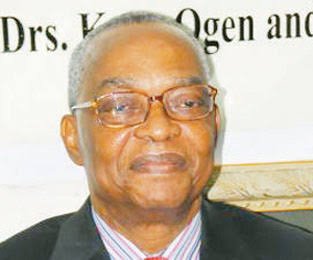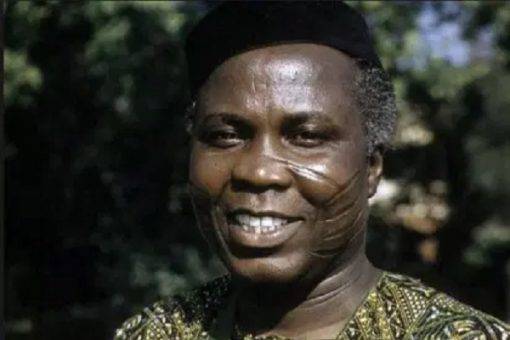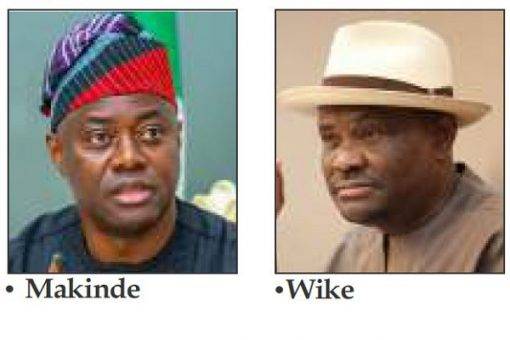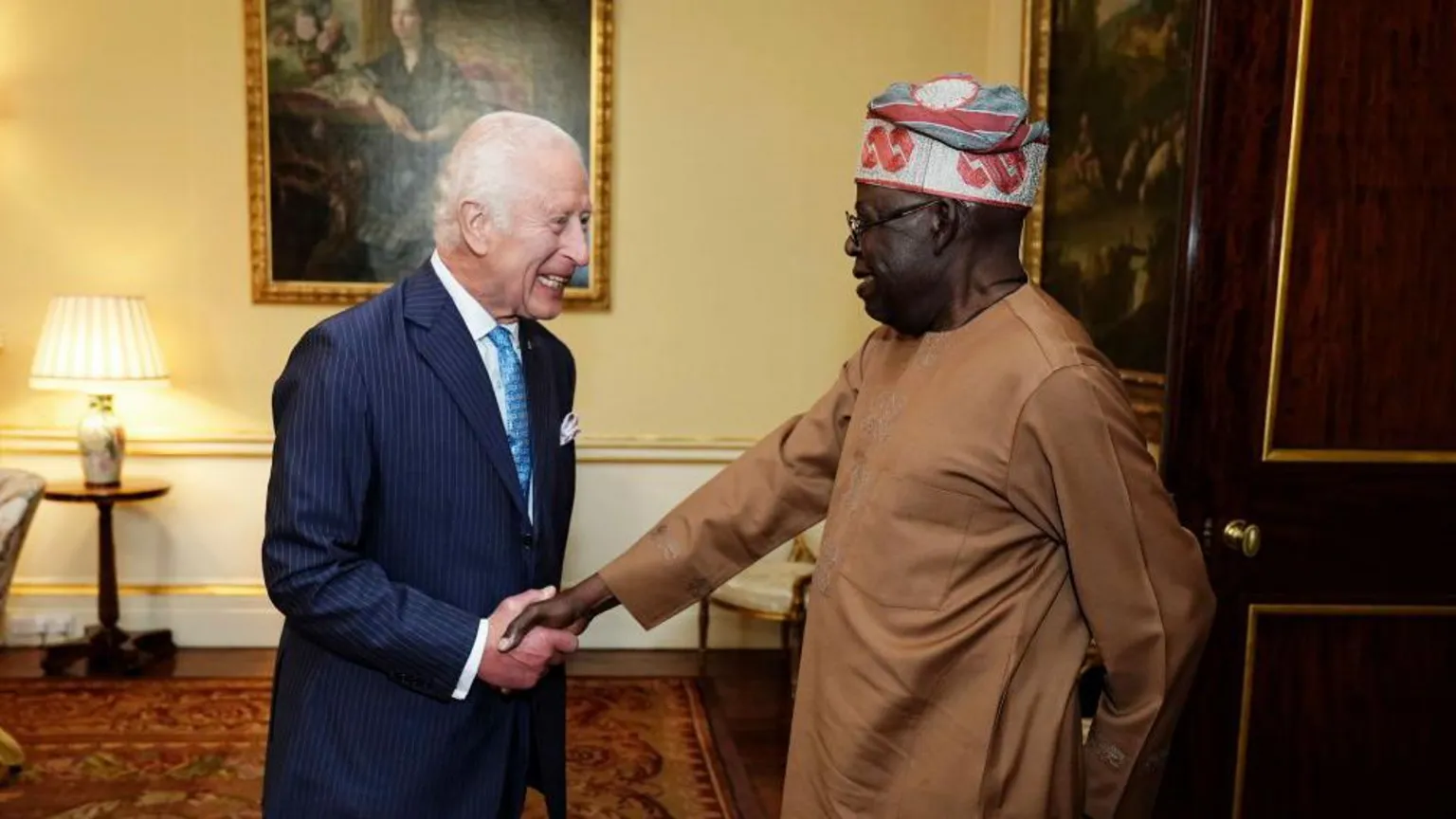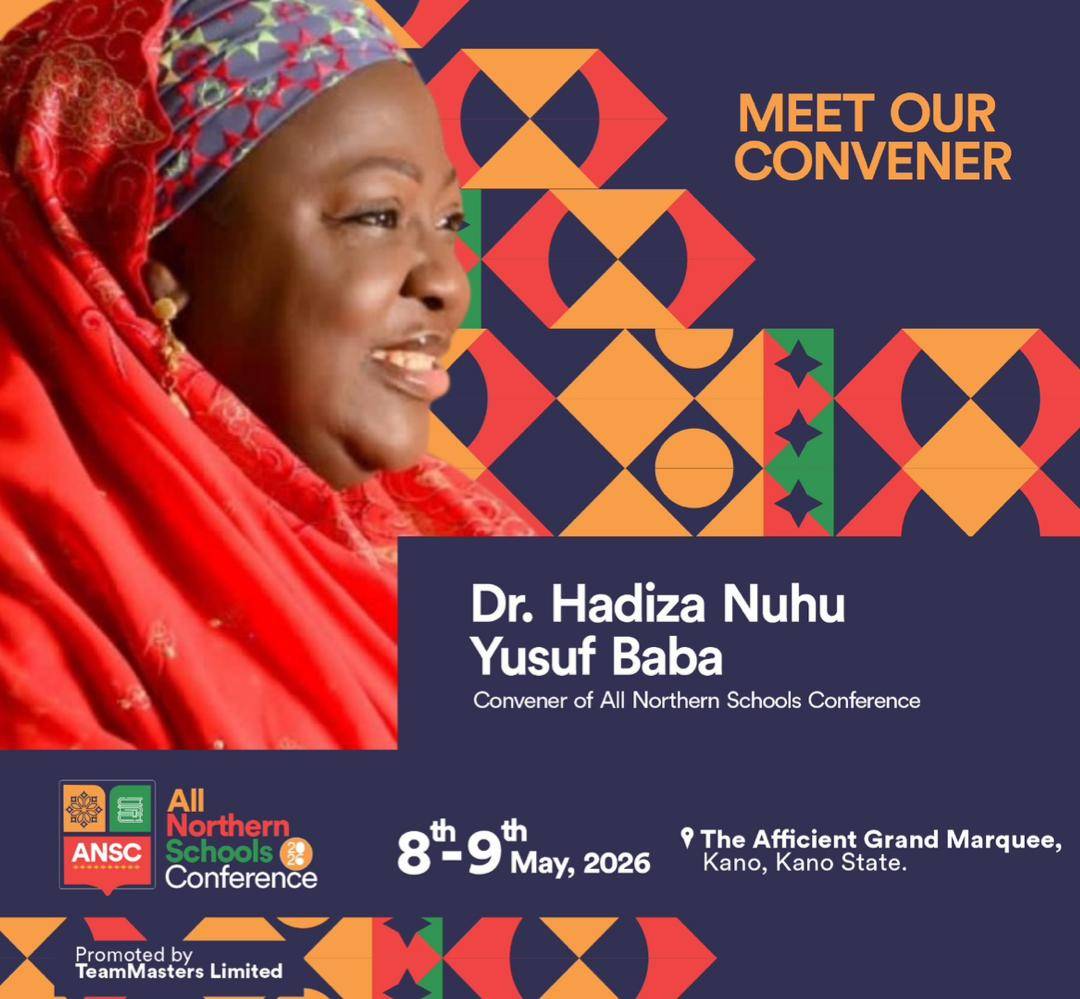By Jide Osuntokun
It was that 18th century judge and philosopher, Charles Louis de secondat Baron de la Brede et de Montesquieu who once said system of government is climatically determined and that people in the tropics are more or less doomed to experience autocratic governments while those in the temperate zones are more democratically disposed. He was better known for his writings about separation of powers into the legislature, executive and judiciary as the secret of democratic stability. His theory he claimed was arrived at from the study of history and therefore empirically determined.
We course know that all societies, depending on their size and historical experience can enjoy any form of democratic governance as long as they are not driven by any ideological determinism. Democracy can also be defined in such a broad way that many current systems of government would pass some of the democratic tests. Nowadays, the western monopolistic definition of democracy seems to be what is universally acceptable especially in the Lincolnian form of a government of the people by the people for the people. The Athenian roots of this definition derived from the government of the city of Athens which seems limited in the sense that direct democracy is today not practicable. Even in Athens, participation was limited to free citizens while foreigners and slaves and women were excluded.
After a long time of trial and error, democracy is now defined as representative democracy based on periodic elections. To function properly, the roles of political parties are fundamental. Political parties help to bring together people of the same ideas about how states should be run sometimes based on certain ideologies. These ideologies usually embrace certain economic ideas ranging from free enterprise or what is usually called laissez faire economics first enunciated by Adam Smith in his book the “Wealth of Nations” which embraces the freedom for individuals to make as much money as his or her talents permit within an organised polity. But many definition of democracy now embraces social and economic responsibility of the state to its individual members.
The extreme form of this is based on the Marxian praxis in which contribution to the economy is based on one’s ability while society’s responsibility is based on one’s need. This ideological utopia has not really worked anywhere, certainly not in the Soviet Union, Eastern Europe, Cuba, Vietnam, nor is it likely to work in China where lip service continues to be paid to the communist ideology of what is called the “people’s republic” while in practice, they are operating some kind of gerontocratic state capitalism. In other words, democracy of government of the people by the true representative of the people meaning the communist party and for the people is seen as people’s democracy.
Who is going to judge which one is correct between the free for all in the United States and the “guided democracy” of China? There is much to say for what is derisively called guided democracy because the concept of the Plato’s philosopher king is not alien to western philosophy. For after all, governance is about people. A governance system as in China that can lift hundreds of millions of people from poverty to the middle class within a generation cannot be far from government of the people for the people.
What is now clear is that for democracy to work, there must be a system of fair and credible election in a society where the rule of law prevails and where there is a civil service or bureaucracy recruited on merit embracing the French revolutionary idea of “careers open to talents” or what its enemies derisively call “the deep state”. This civil service provides continuity in government and offers advice impartially to whatever new government that emerges after a fresh election.
The role of career civil service is so fundamental to the proper working of any modern democratic state that with government coming and going like revolving doors, the state always remains.
Of course, not all democratic states like the idea of a permanent bureaucracy. Sometimes, some democratic states want to bring into government new hands rather than relying on old civil servants who have loyalty to no one but the state. It is usual for the “deep state” in this regard to be criticised by neo conservatives who look at it as unelected apparatchiks wielding power to the detriment of those elected by the people through the electoral process.
Whatever criticism that may be levied against states permanent bureaucracy, they have become critical in continuity of governance and not only in democratic states but even in non-democratic states. It must be clearly stated that the civil service role cannot be underestimated.
Peaceful transfer of power as happened in Great Britain could never have happened if there were no fair and credible elections organised by knowledgeable bureaucrats. The seamless and credible conduct of elections in both France and Great Britain this week has demonstrated the reason for peaceful transfer of power in democracies that not only have ancient traditions of political fairness and civic behaviour.
Imagine what could have happened in France if the Rassemblement Nationale of Marine Le Pen was not satisfied with the French parliamentary election of Saturday July 7 in which there was the fear that France was about to abandon its tradition of equality of people (egalitarianism)) for some woolly racism in which one was judged not by the quality of one’s character but by the pigmentation of one’s colour? At the last moment, the French electorate that a few weeks ago had voted for the parties of the Right in European-wide elections now swung to the Left and Centre when France’s political shift was beginning to be interpreted as rejection not only of other European countries and the EU but also of La Francophone idea. What the Right now regard as a gang up by the Centre and the Left to deny them the premiership of France would not have been acceptable but for the non-partisanship of the strong civil service or the “deep state”.
The democratic tradition was better and dramatically displayed in the recent British election of July 4. The results of the election the following day gave the opposition Labour Party a majority of 412 seats to the Conservative Party’s 121 seats. In the first pass, the post system of elections rather than perhaps the fairer proportional representative system in the continent of Europe, this was a massive electoral victory. Once the results came in, there was no dispute whatsoever, no running to challenge the results. The results were accepted with resignation and equanimity.
The then sitting prime minister, Rishi Sunak, the first prime minister in Britain of Indian descent, addressed the press in front of 10 Downing Street and told members of the press that he had phoned earlier to congratulate Keir Starmer, the leader of the Labour Party and the coming prime minister. He praised the British people for their generosity of spirit and racial tolerance which allowed a man of Indian ancestry to become their prime minister and ended by describing his successor as a decent man who is his worthy successor and that he was in the British tradition going to Buckingham palace to tender his resignation to King Charles 111 who technically and constitutionally appointed him. As soon as he said this, he drove to the palace accompanied by his wife in the prime minister’s car led by despatch riders. The king received him in the privacy of his office in the palace and apparently wished him well. Whatever the two said traditionally remained private.
The new prime minister to be drove in by another gate to the palace to “kiss” the hand of the king who appointed him as prime minister. Once this was done, he drove to the official residence and office of the prime minister at 10 Downing Street where he addressed the press and went in to assume the office of prime minister and gradually began to appoint members of his government.
Within 24 hours, the previous prime minister had left the official residence without any fuss about being allowed to disengage in a leisurely fashion. This is the most beautiful thing about the British political tradition. There was no hiatus of months and days characteristic of American and African or pointedly Nigerian system.
There is no question of writing “hand over notes” because the civil service is up to date about government business. The whole world can learn a lesson from the British about democratic transition and continuity of governance and government.
If we in Africa are to develop, we must remove rancour from our electoral system and inculcate fairness and transparency into our electoral system and have a civil service that is neutral but committed to public good. Elections must not be opportune moments for members of the legal profession to use their technical skills to make huge and humongous amount of money and make judges rather than the electorate choose who rules them.
It is important to note what Marquis de Montesquieu said about judges arrogating to themselves the role of the electorate when he said “There is no greater tyranny than that which is perpetrated under the shield of the law and in the name of justice” Above all, those elected by the people must see themselves as being given opportunities to serve and not to steal in such a way that there is total disconnect between the electorate and the elected as has been the situation in Africa.
Culled From The Nation


